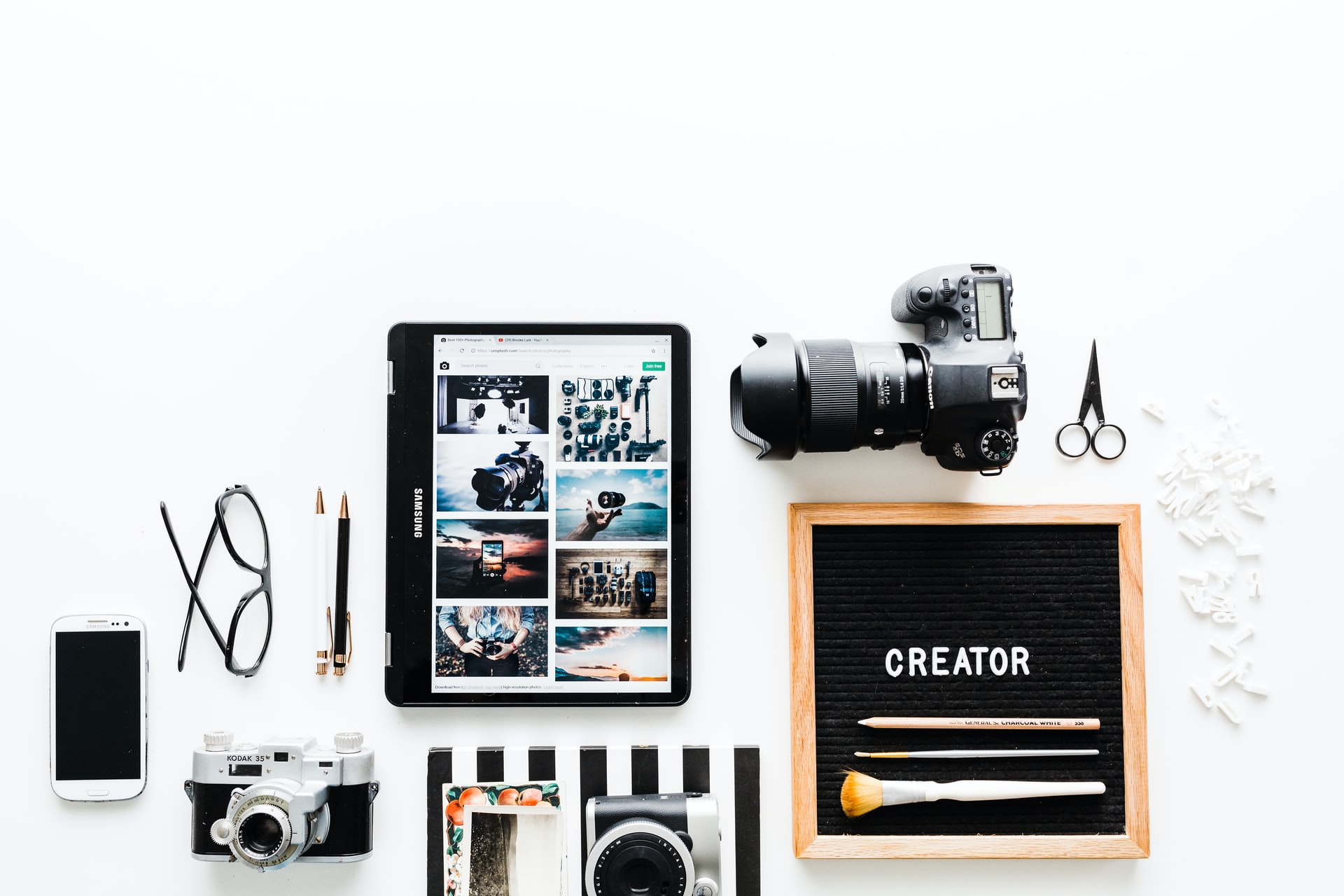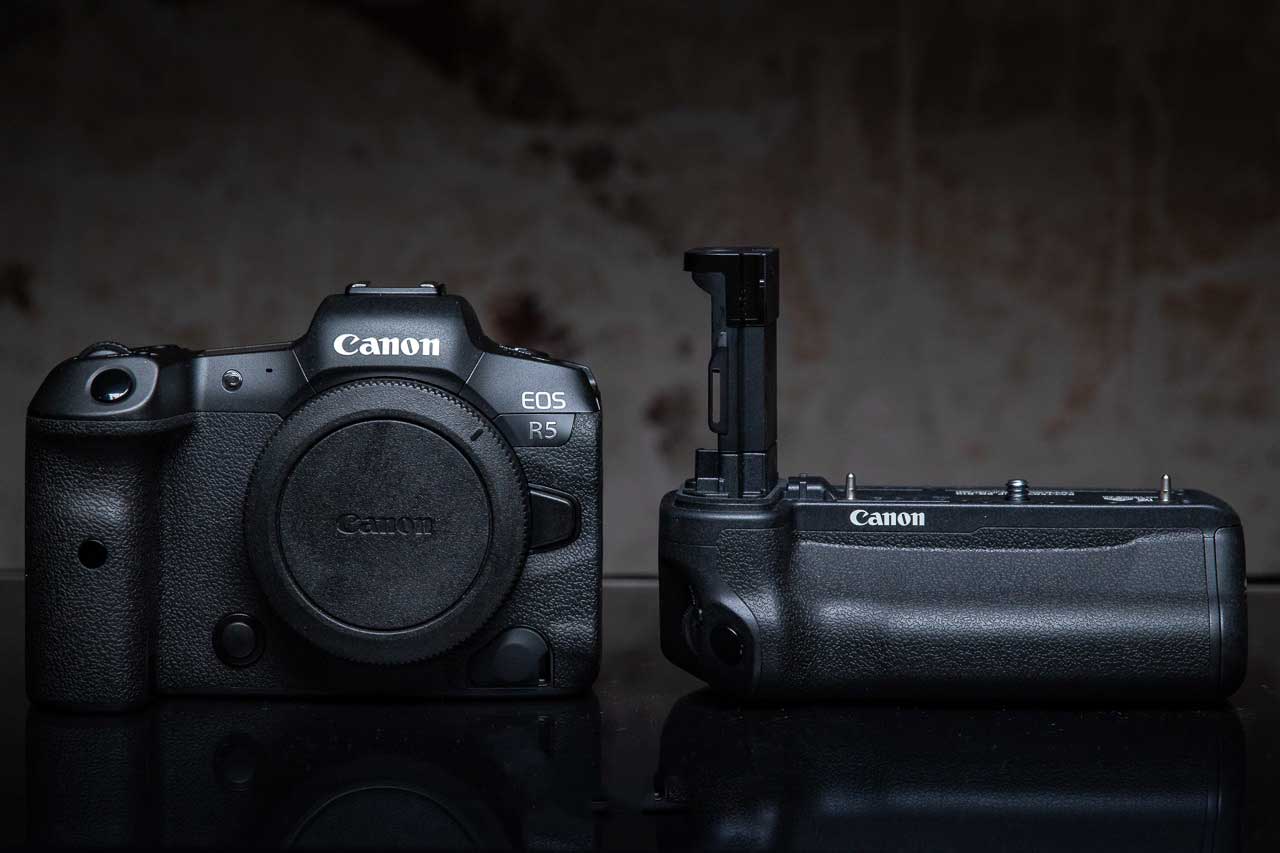
Large format lenses are available for both digital and film cameras. These lenses are made by popular brands such as Rodenstock, Schneider and Nikon. Cooke Optics lenses are well-known for their sharpness, ease of use, and simplicity. These lenses can be used on 8x10 cameras and 4x5 ones. Cooke XL Large Format Lens is the most affordable available. It is durable and can be used in a wide variety of photography applications.
Rodenstock
Rodenstock large format lenses offer many benefits. First, they are extremely sharp. They also have excellent flare management and blur rendition. Most of their MTF charts look amazing. You can view the full catalogue of Rodenstock large format lenses here. They also offer the best performance at f/16 and up to f/22. This is about as fast as this type of lens can go.
Large format lenses are another option that is highly versatile. These lenses are able to magnify objects and make fine focus adjustments. Additionally, these lenses are able to correct perspective issues and tilt planes for the sharpest results. Rodenstock lenses offer unbeatable quality. You can find a brand that makes them if you're looking for one. There are some excellent options from B&H Photo and Video.

Schneider
You're not the only one thinking about Schneider large format lenses. Schneider large format lenses make a great investment because of the high-quality manufacturing and the lifetime warranty. These lenses are also among the most expensive for large format photography. The website offers useful information about older Schneider lenses. There is also an Age of Lenses and Vintage Lens Data table that lists the serial number of older Schneider large format lenses.
The company has a range of apochromatic-enlarger lenses that are ideal for photographers looking to achieve high-resolution colour rendition. These lenses are designed for use with a photographic enlarger and barrel mounts. These lenses can also be used to tilt the traditional large format photographs that are preferred. The Apo-Digitar Copal No.0 60mm f/5.6 lens works well with many digital backs.
Cooke Optics
Cooke Optics's new S8/i Fullframe (FF), primes offer a T1.4 aperture and are among the top on the marketplace. The full range will include nine additional lenses beginning in the second half of 2022. The company already has the S7/i full frame prime lens series, and needed an alternative. Cooke Optics now has the solution to this problem. The S8/i lens is compact and lightweight, and can be used in many conditions.
The /i3 metadata system is a key part of the new line of lenses from Cooke. This technology allows the lens, to automatically capture metadata regarding the image captured by a lens. Cooke's S4/i (and 5/i) and S7/i (and S7/i) lenses now have /i3 functions. This allows users access to real-time information regarding their images through digital tools. Large format lenses from the company are perfect for cinematographers who shoot color.

Nikon
There are many Nikon large format lenses. Nikon 90mm SW Nikkor SW is an excellent choice for landscape photography. It features a large image circle with a small size and is very compact. Landscape photographers may also be interested in the Schneider240mm f/9.0 G-Claron and the 450mmf/12.5 Nikkor SW lenses.
Five different series of large format lenses were produced by Nikon. These included "W" and "SW" lenses, as well as telephoto and macro lenses. The company also made modular telephoto lenses, which allowed photographers to adjust the focal length by changing rear lens elements. This process was time-consuming and you should make sure that you have all necessary equipment, as well as the knowledge and skills to properly install your Nikon large format lens.
FAQ
What can I do to improve my photography skills with my phone?
Great photos don't require expensive equipment! You can take amazing photos with just a phone.
Just need to learn the basics of how to use it all.
Many apps are available for iOS and Android that allow you to easily edit and share photos.
These five tips will help you take better photos.
-
Set Up Your Camera App. Your device should already have your camera app installed. You can download the camera app from Google Play and Apple's App store.
-
Use Filters & Effects. Effects and filters allow you to alter the appearance of your photos without needing to touch them.
-
Adjust the exposure. You can control the brightness by changing your exposure.
-
Use the Right Lighting The brighter the light, the easier it is to see details. Shooting in low light conditions lets you capture the shadows and highlights in your image.
-
Take Pictures of People. Photographing people can show others what you are most passionate about.
To learn more about how to take better photos, check out our article: 5 Tips To Improve Your Photography Skills On A Smartphone.
Is photography a job that is rewarding?
Photography is an artistic form that allows one to capture and share moments in time. You can make a lot of money by taking up photography if you are willing and able to work hard. There are many options for professional photographers. You could start by taking pictures for friends and family as a hobby. This will help you to improve your skills as well as build your confidence. Once you have mastered this stage, you can move on to paid assignments. The best photographers are able to make a living out of their work. Photographers may be asked to photograph people at parties and weddings. However, most professionals prefer to shoot commercial projects such as product shots or advertisements.
Finding the type of photography that you love is key to being a successful photographer. Continue to practice, experiment and learn new techniques until your skills are perfected. It is impossible to replace the experience of being in this position. Don't expect instant success.
As a beginner, you should aim to develop your technical skills first before focusing on creativity. Photography involves both artistic and technical aspects. You will be able to succeed quicker if you learn how to use the right tools, and the basics of composition.
You should also consider whether you want to pursue a career in photography full-time or part-time. Some people combine their love for photography with other jobs. It is possible to work as a freelancer while you are at the local newspaper. Others choose to dedicate their entire time to photography. You have to put in the effort and be committed to any creative endeavor.
Photography is a serious career. You must put in a lot time and effort if you want to succeed. It is important to think carefully about what you really want to do with your life.
Is digital photography hard?
Digital photography isn’t as easy as you may think. Learning how to properly use the tools takes effort and time. You need to know what settings to use for different types of shots. The best way to learn is by doing. Practice makes perfect.
How can I look great in photos?
It is best to take your own photos to ensure that you look good. You'll learn the best angles to use, how to pose for photos, and how to make them flattering. You'll also learn lighting techniques and how to use props to enhance natural beauty.
You will learn how to choose clothes that fit, make-up that suits you, and hairstyles and styles that work for your face.
We'll also show you how to retouch images with Photoshop or other editing software if you aren't satisfied with the results.
Take some self-portraits.
Statistics
- In this case, 100% of readers who voted found the article helpful, earning it our reader-approved status. (wikihow.com)
- While I cannot prove that all of those spots were not sensor dust, the photo was taken during a heavy snowstorm…so I guess that 99.8% of the spots are snowflakes. (bhphotovideo.com)
- The second easiest way to get blurry photos 100% of the time is to use a cheap filter on the front of your lens. (photographylife.com)
- This article received 13 testimonials, and 100% of readers who voted found it helpful, earning it our reader-approved status. (wikihow.com)
External Links
How To
What are the requirements to be a good photographer?
Basic skills for any job in photography include artistic ability, technical knowledge, and business acumen.
Technical knowledge includes the ability to understand exposure settings, camera functions and lens types.
It is important to have artistic talent. This includes understanding composition, lighting, posing, and how to use Photoshop.
Business acumen involves managing clients, budgeting and scheduling.
You should be interested in photography as a hobby from an early age if you wish to be a professional photographer.
Take classes at school, college, or online to learn more about photography.
There are many books that cover all aspects photography.
You should not only learn photography but also develop your own style.
This will allow your to stand out in this field.
Photography has changed throughout the years. In the past there were cameras like the Kodak Instamatic camera or Polaroid instant cam.
Digital cameras are increasingly popular today. Today, the majority of photographers use their smartphones to shoot photos.
While it is possible for a smartphone to capture high-quality images, if you want to really get into photography, a DSLR (Digital Single Lens Reflex Camera) is the best choice.
A DSLR can be used to control every aspect, from shutter speed, aperture, ISO, sensitivity, white balance, focus, and white color.
These features make it possible to create beautiful photographs with a variety of effects.
These controls can also be used to alter the mood in your photograph.
You could, for example, make your subject blurry using a fast shutter speed.
Or you could make them look like they are moving by increasing the amount of light entering the camera.
The scene can also be adjusted to change its mood by changing the color temperature.
You might increase the red value of the picture if there's a lot blue light.
It can be confusing to know where to point your camera.
However, once you understand the basics, you will soon realize that it is not so hard after all.
It's much simpler than you think!
It is likely that you will only start out shooting landscapes or close-up shots when you first begin.
Don't worry, as you get more experience, you'll be able capture everything from abstracts to portraits.
Once you have mastered the basics, you can move on to more advanced subjects.
These tips will help you get started.
-
Pick a great location. You should choose somewhere you feel comfortable and relaxed.
-
Find something to photograph. Look for things that are unusual or unique.Try photographing flowers, animals, or even insects.
-
Take plenty of practice pictures. Practice makes perfect!
-
Try different angles. Hold your camera differently depending on what you are trying to achieve.
-
Use different lenses. Different lenses provide different perspectives.
-
You can also shoot in low-light conditions. It can be difficult for you to photograph in bright sunlight.
-
Practice framing your shot. Photographing an image is not complete without framing.
-
Learn how your camera settings work. Experimenting with your camera settings is the best way for you to improve your photographs.
-
Continue to learn new techniques. Photography is a vast subject. Visit local galleries, museums, libraries, and other venues to find out more.
-
Read magazines and books. Everything you need to know about photography can be found in books and magazines.
-
Join a club. Many clubs encourage members to share their work at events.